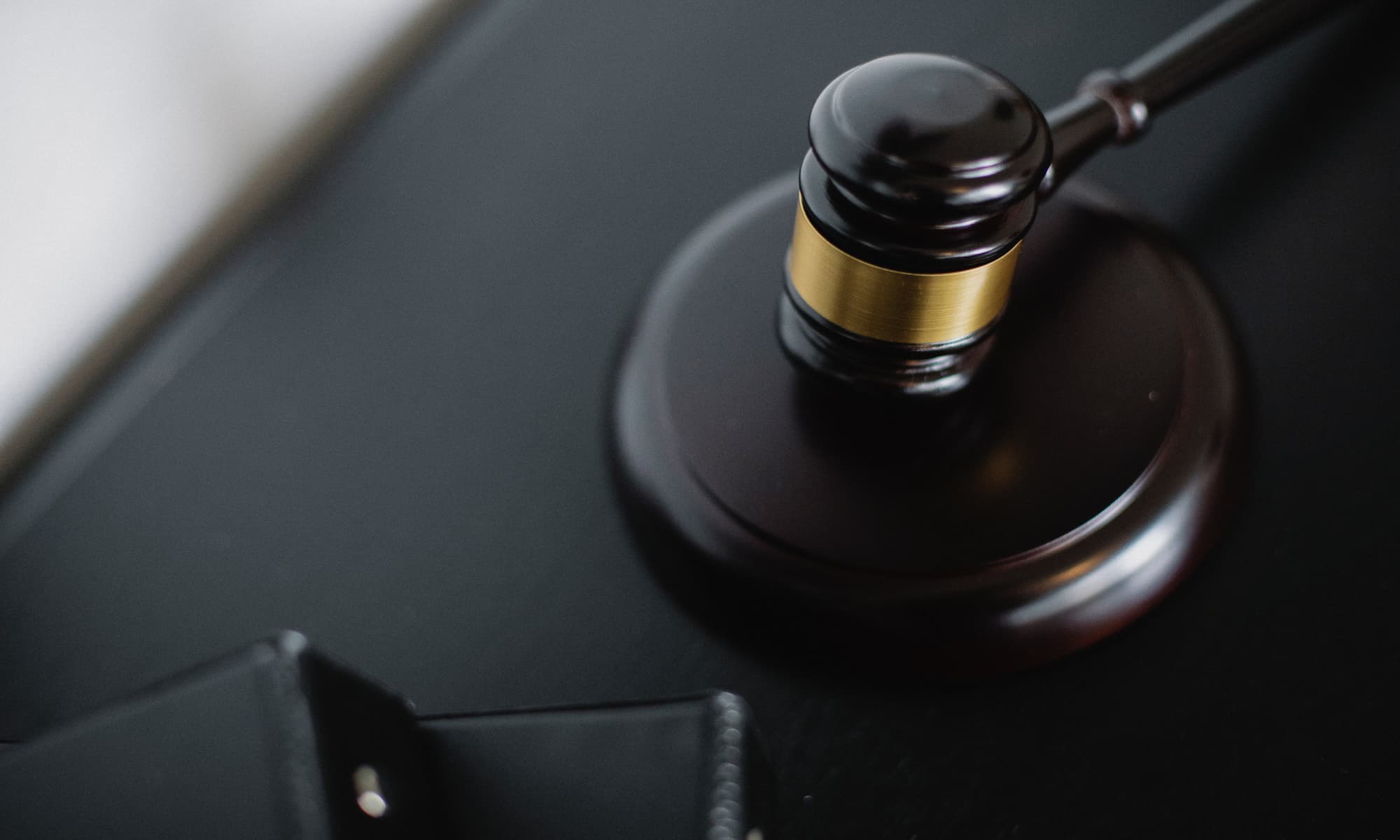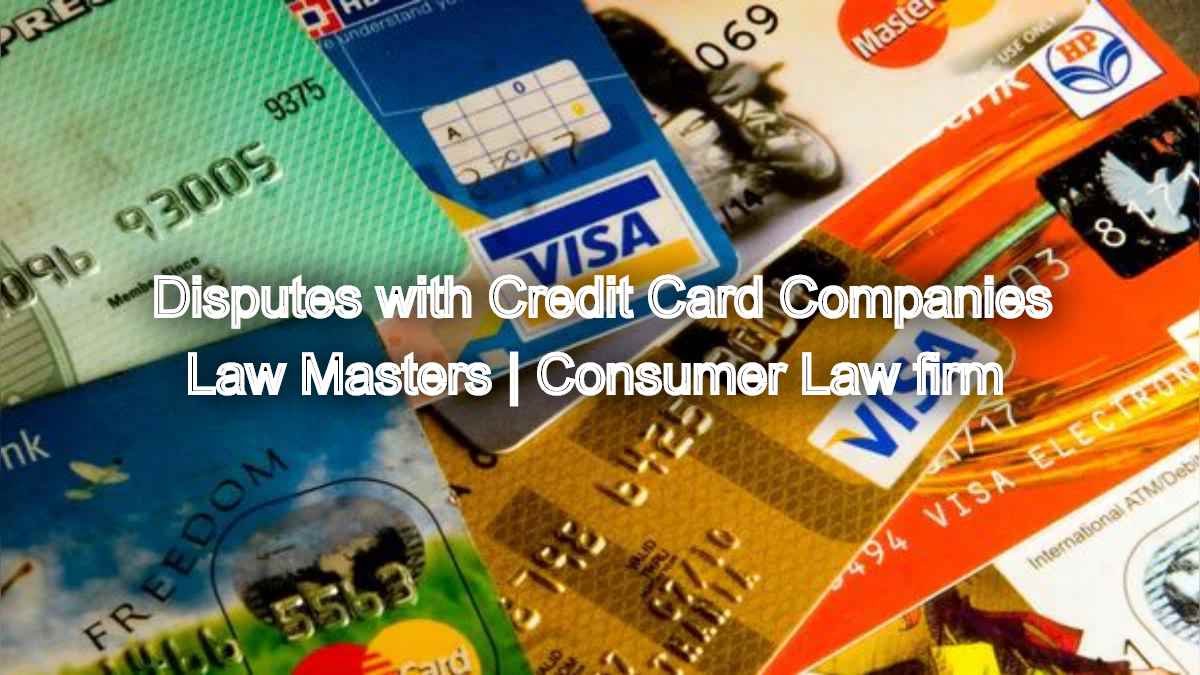Handle Disputes: Credit card disputes can be a frustrating experience, especially when dealing with unauthorized charges. However, there are effective strategies to resolve these issues and protect your financial interests. Law Masters, a leading consumer law firm, offers expert guidance to help you navigate the complex process of handling credit card disputes.
How to Handle Disputes with Credit Card Companies and Unauthorized Charges: Law Masters | Consumer Law Firm
Understanding Your Rights
Before taking any action, it’s crucial to understand your rights as a credit cardholder. The Fair Credit Billing Act (FCBA) provides specific protections for consumers, including the right to dispute unauthorized charges and the right to withhold payment on disputed charges.
Steps to Take When You Discover an Unauthorized Charge
- Promptly Report the Charge: As soon as you notice an unauthorized charge, contact your credit card issuer immediately. You can typically report the charge online, through their mobile app, or by calling their customer service number.
- Document the Dispute: Keep detailed records of all communications with your credit card issuer. This includes copies of receipts, transaction details, and any correspondence with the company.
- File a Formal Dispute: If the issue is not resolved through informal channels, you can file a formal dispute with your credit card issuer. This can usually be done online or by mail.
Tips for Effective Communication with Credit Card Companies
- Be Clear and Concise: Clearly state the problem and what you expect to be done.
- Be Persistent: Follow up on your dispute until it is resolved.
- Be Polite but Firm: Maintain a professional and assertive tone.
- Keep Detailed Records: Document all communications and deadlines.
Legal Recourse
If you are unable to resolve the dispute with your credit card issuer, you may need to take legal action. A consumer protection attorney can help you file a lawsuit against the credit card company or the merchant responsible for the unauthorized charge.
Common Credit Card Dispute Issues
- Unauthorized Charges: These are charges made without your permission.
- Billing Errors: These include mistakes in calculating interest, fees, or payments.
- Product or Service Issues: Disputes related to the quality or delivery of goods or services purchased with your credit card.
- Identity Theft: If your credit card information is stolen and used to make unauthorized purchases.
Protecting Yourself from Future Disputes
- Monitor Your Account Regularly: Check your account statements for any unusual activity.
- Use Strong Passwords: Create strong, unique passwords for your online banking and credit card accounts.
- Be Cautious with Online Purchases: Only shop on secure websites and avoid sharing your credit card information with unfamiliar vendors.
- Consider a Credit Monitoring Service: These services can alert you to potential identity theft and fraud.
FAQs: Handling Credit Card Disputes
As soon as you notice an unauthorized charge, contact your credit card issuer immediately. You can typically report the charge online, through their mobile app, or by calling their customer service number.
The timeline for resolving a credit card dispute can vary. Generally, credit card issuers have 30-45 days to investigate and resolve the dispute. However, complex cases may take longer.
Yes, under the Fair Credit Billing Act, you have the right to withhold payment on a disputed charge until the issue is resolved.
If you’re unable to resolve the dispute with your credit card issuer, you may need to take legal action. A consumer protection attorney can help you file a lawsuit against the credit card company or the merchant responsible for the unauthorized charge.
To protect yourself, monitor your account regularly, use strong passwords, be cautious with online purchases, and consider a credit monitoring service.
Conclusion
By understanding your rights, taking prompt action, and seeking legal advice when necessary, you can effectively resolve credit card disputes and protect yourself from financial loss. Law Masters is committed to helping consumers fight for their rights and achieve fair resolutions.
Read More
- The Consumer’s Guide to Purchasing and Using Gift Cards
- Know Your Rights: A Comprehensive Guide to Common Consumer Protection Laws in Chennai, India
- Understanding the Fair Credit Reporting Act (FCRA) and Fair Debt Collection Practices Act (FDCPA)
- How to Handle Disputes with Service Providers and Contractors
- The Dos and Don’ts of Dealing with Credit Reporting Agencies
- National Payments Corporation of India (NPCI):


